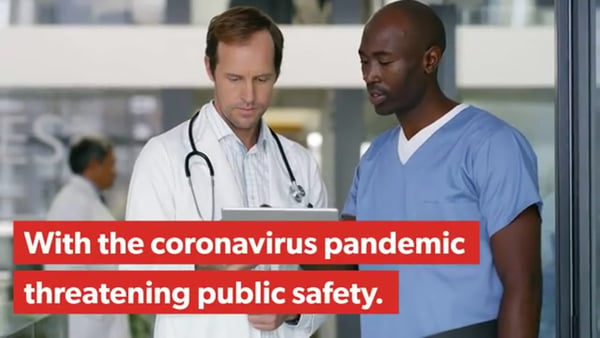Agreed shyt is scary I've legit thought about moving to Canada you know who Trumps coming for nextTrump is praising dictators like Duerte and Kim Jong Un. Calling the media "the greatest enemy of the people". Seperating children from immigrant families and putting them into camps. Letting police run wild without accountability. At war with the government and the American public. In collusion with foreign powers that have been trying to undermine American Democracy for decades. Taking millions and possibly billions in dirty money. How is he not a fascist? The White House hasn't had a Press Conference since MONDAY!
Seriously what the hell is it going to take to wake people up and yo I aint trying to be buzzkill or negative nancy or fearmonger but America has sunken down the depths of so many levels of fascism its mindblowing!









